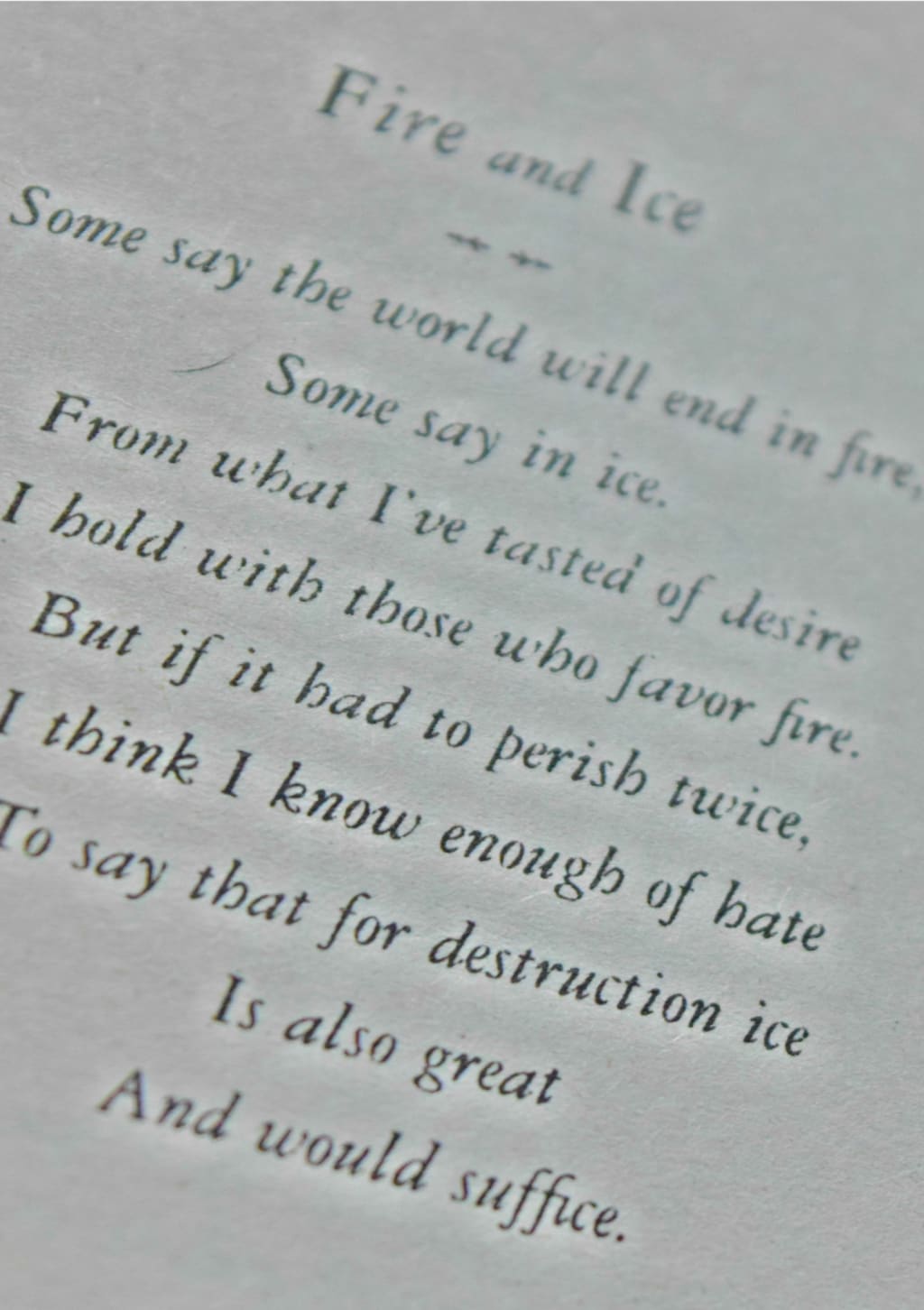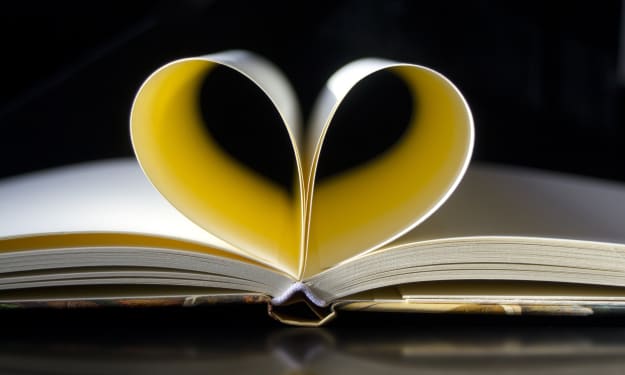Bad Teachers Don't Ruin Poetry, Bad Readers Do
Why poetry is hard and most people are never ready for it.

I have often heard people say that they might have liked poetry but studying it in school put them off it; that a terrible English teacher made them read sonnets and was so dreadfully dull that they permanently associated the two in some sort of Pavlovian conditioning. Nonsense. One does not look at a painting and deny it's beauty because they had a poor art teacher. People still appreciate music even if their musical education was pathetic. No, it is indeed the inadequacy of the reader and not the failure of a teacher.
The modern poet is a very different creature to the poets of old. George Orwell, referring to prose, described writing as the glass window through which a story is told. This concept works for poetry too but it is the message rather than the story that is behind the glass. Traditionally poets were crafting a great stained glass window out of some gothic cathedral where the glass is equal to or greater than the message beyond. The modern poet is different in that transparency is key, every line designed to invoke the beautiful message behind the glass.
For many, it is the stained glass window of Shakespeare or Byron that, in straining to look past the poem to its meaning, drives the unprepared reader to despair. Equally, people have a tendency to be frustrated when they miss a message that was otherwise right in front of their faces. The trouble with poetry is that it takes effort and people are fundamentally lazy — this is why people dislike poetry in school and never develop a taste for it after. It is, in its way, the most profound and uncomfortable of the mediums. There is every chance that your teacher loved poetry and as with anyone with a deep love for something, they can bore you to tears discussing their interest.
Ultimately poetry is hard. But for those willing to put in the effort, there is such beauty in words that words are inadequate to describe it. The emotional depth and intellectual curiosity and mental fortitude required to appreciate that most difficult of the arts is beyond most people and people should stop blaming their failures on others. We can't all have Robin Williams as our English teacher no matter how much we love Dead Poets Society. But carpe diem, seize the day and you might be surprised by how much you enjoy it.
If you were put off of poetry by some dithering, old bat of a teacher when you were fourteen, perhaps try reading some Carol Ann Duffy, listening to some John Agard or experiencing the marvel that is Simon Armitage. You don't have to delve into the depths of thirteenth-century writings that barely read as English (unless like me you enjoy the headaches) to appreciate the art form when there is a myriad of incredible works of plain English used beautifully, and not a single thou or thine in sight. So give it a try and give teachers a bit of slack.
English teachers are innocent. Mostly.
About the Creator
Jake Street
Everyone has a voice, few choose to use it, most don't realise the power it has. I am young, and I am slowly learning the best way to use my voice. Poetry is my medium, and poetry is the art of using the best word in the right place.






Comments
There are no comments for this story
Be the first to respond and start the conversation.